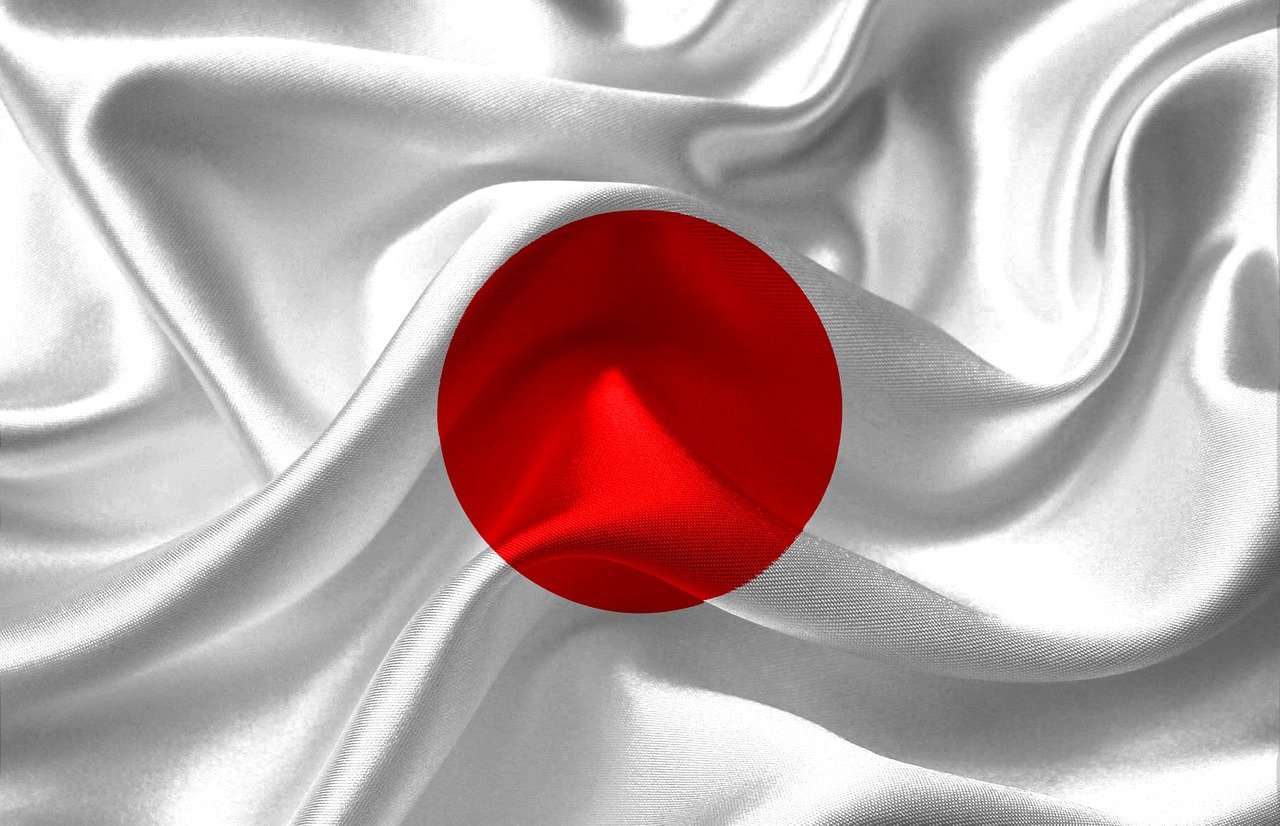Win a Free Trip to Japan!
Experience cherry blossoms and ancient temples
Japan, with its rich culture, stunning landscapes, and technological marvels, has long been a dream destination for travelers worldwide. While it’s possible to navigate Japan without speaking Japanese, learning some basic phrases can significantly enhance your travel experience. This article explores the benefits of acquiring fundamental Japanese language skills before your trip and how it can transform your journey.
Why Learn Basic Japanese Before Traveling?
1. Show Respect and Cultural Appreciation
Japan is a country that deeply values politeness and respect. By making an effort to speak even a few words of Japanese, you demonstrate your appreciation for the local culture. This simple gesture can often lead to warmer interactions and a more welcoming attitude from locals.
2. Navigate with Ease
While major cities like Tokyo have improved their English signage in recent years, many areas still primarily use Japanese. Knowing basic phrases can help you navigate public transportation, read menus, and ask for directions more confidently.
3. Enhance Your Culinary Adventures
Japan is a food lover’s paradise, but many restaurants, especially local gems, may not have English menus. Learning food-related phrases can help you order with confidence and even discover dishes you might have otherwise missed.
4. Connect with Locals
Speaking a bit of Japanese opens doors to more meaningful interactions with locals. You might find yourself engaging in simple conversations with shop owners, fellow train passengers, or friendly locals eager to practice their English with you.
5. Handle Emergencies Better
In case of unexpected situations or emergencies, knowing how to communicate basic needs or ask for help in Japanese can be invaluable.
Essential Japanese Phrases for Travelers
Here are some key phrases that can make a big difference during your trip:
- こんにちは (Konnichiwa) – Hello
- ありがとうございます (Arigatou gozaimasu) – Thank you very much
- すみません (Sumimasen) – Excuse me / I’m sorry
- [場所]はどこですか? ([Basho] wa doko desu ka?) – Where is [place]?
- おいしいです (Oishii desu) – It’s delicious
- トイレはどこですか? (Toire wa doko desu ka?) – Where is the bathroom?
- 英語を話せますか? (Eigo wo hanasemasu ka?) – Do you speak English?
- いくらですか? (Ikura desu ka?) – How much is it?
Learning these phrases and others like them can significantly improve your travel experience in Japan.
How to Learn Basic Japanese Efficiently
While learning a new language can seem daunting, there are many effective methods to acquire basic Japanese skills before your trip:
1. Online Courses
One of the most convenient ways to learn Japanese is through online courses. Platforms like Japademy offer japanese online courses tailored for beginners and travelers. These courses often focus on practical phrases and cultural insights that are particularly useful for tourists.
2. Language Apps
While apps like Duolingo are popular, they may not always focus on the most practical travel phrases. Consider using apps specifically designed for travel-oriented language learning.
3. Private Tutoring
For personalized attention and rapid progress, consider booking sessions with a japanese language tutor. Many online platforms, including Japademy, offer flexible scheduling with experienced tutors who can focus on travel-specific language skills.
4. Immersive Learning
Immerse yourself in Japanese culture before your trip. Watch Japanese movies with subtitles, listen to Japanese music, or follow Japanese social media accounts to familiarize yourself with the language and culture.
5. Practice with Native Speakers
Look for language exchange partners online or in your local community. Practicing with native speakers can help you improve your pronunciation and learn colloquial expressions.
Making the Most of Your Japanese Language Skills
Once you’ve learned some basic Japanese, don’t be shy about using it during your trip. Most Japanese people appreciate the effort and are patient with learners. Here are some tips:
- Start with simple greetings and thank-yous in shops and restaurants.
- Try ordering food in Japanese, even if you have to point at the menu.
- Ask for directions in simple Japanese, supplementing with gestures if needed.
- Learn to read basic kanji for important signs (e.g., exit, entrance, toilet).
- Use your phone’s translation app for complex situations, but try Japanese first.
Frequently Asked Questions
To address some common concerns about learning Japanese for travel, here are answers to frequently asked questions:
1. Is Japanese difficult to learn?
While Japanese can be challenging due to its unique writing system and grammar structure, learning basic phrases for travel is quite achievable. With consistent practice and the right resources, such as japanese online learning platforms, you can quickly pick up essential travel phrases.
2. How long does it take to learn basic Japanese for travel?
The time required varies depending on your learning pace and dedication. However, with focused study, you can learn useful travel phrases in just a few weeks. Consistent practice for 15-30 minutes daily can yield noticeable results in 1-2 months.
3. Do I need to learn kanji to speak Japanese?
For basic travel communication, learning kanji (Chinese characters used in Japanese writing) isn’t necessary. Focus on mastering hiragana and katakana (the two phonetic alphabets) and learning spoken phrases. However, recognizing a few common kanji for signs (like exit, entrance, or toilet) can be helpful.
4. Can I get by in Japan using only English?
While it’s possible to navigate major cities using only English, knowing basic Japanese will greatly enhance your experience, especially in less touristy areas. It allows for richer interactions and shows respect for the local culture.
5. Is it worth learning Japanese just for a short trip?
Absolutely! Even if your trip is brief, knowing basic Japanese can greatly enhance your experience. It can help you navigate more easily, try local foods with confidence, and create memorable interactions with locals.
6. Will Japanese people appreciate my attempts to speak their language?
Generally, yes! Most Japanese people are delighted when visitors make an effort to speak Japanese, even if it’s just basic phrases. Your attempts are likely to be met with encouragement and appreciation.
Remember, the goal of learning Japanese for travel isn’t fluency, but rather to enhance your experience and show respect for the culture. Even a small effort to learn can lead to a more rewarding and authentic travel experience in Japan.



